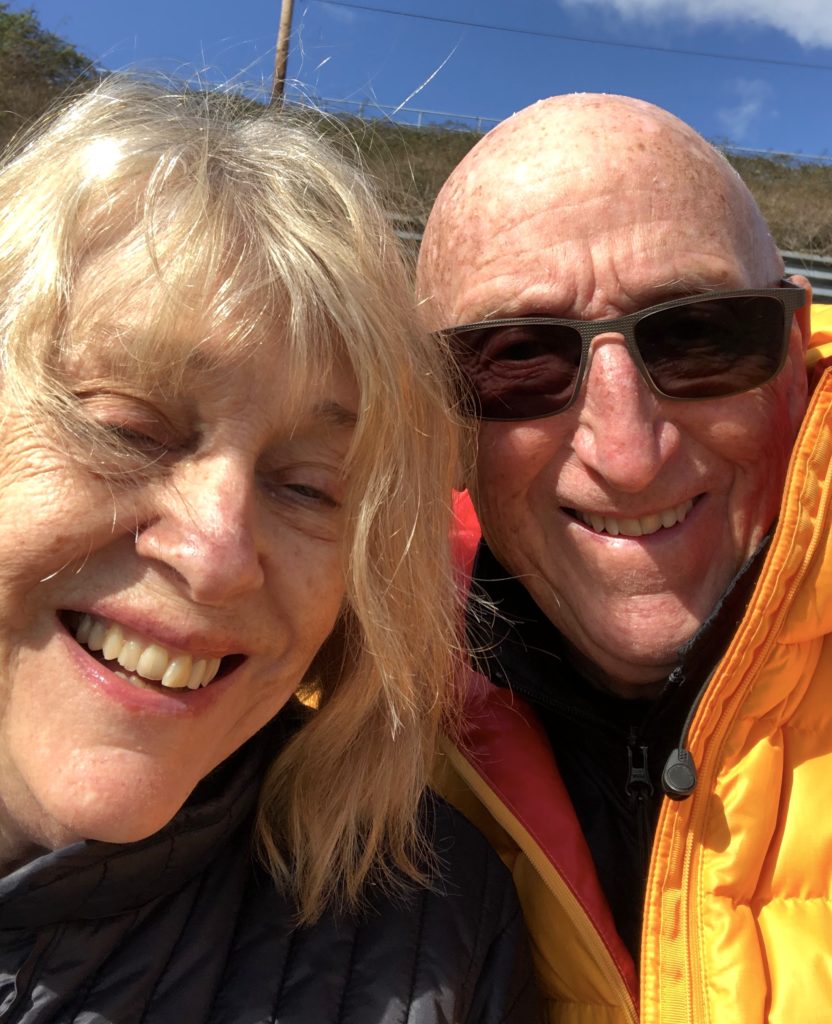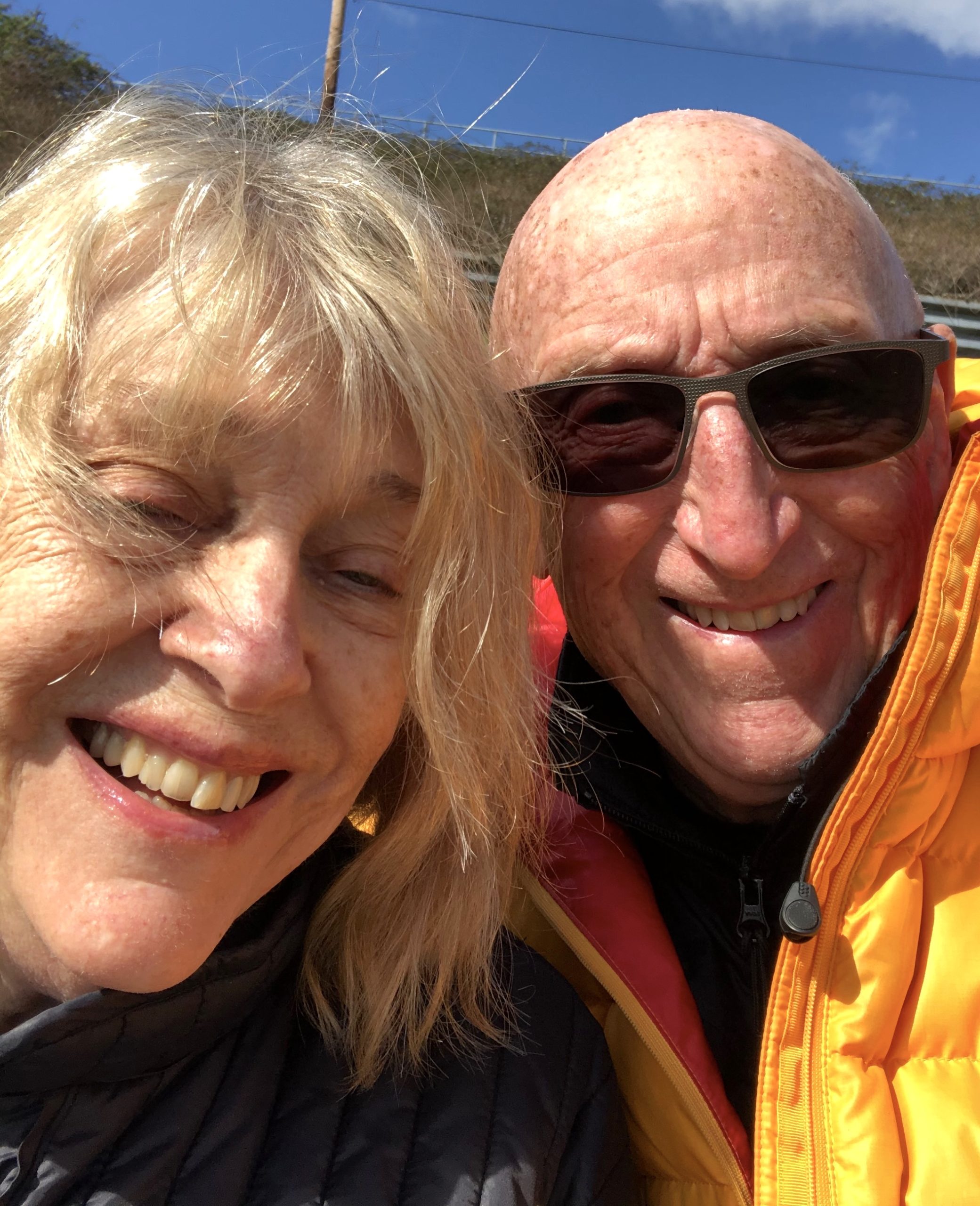
How do we even begin to think about what’s going on in the world? It feels like the Rapture. Fires (in Australia where I have family), floods (in the UK where I have a granddaughter), earthquakes (6.5 in Idaho this week where I have children and grandchildren), and pestilence – especially the pestilence – that’s driven everyone into quarantine.
This worldwide virus has changed everything about the way we live—and think about life. It’s intensified our lives, loves, and hates. It’s brought out the best in some and the worst in others. And, it’s given everyone but first responders, nurses, doctors, and other health care professionals time to think about the way they live their lives, who and what they want in those lives, and how they plan to live if they survive the Death-Star.
It’s reminded me to be grateful for the life I have and the elements that have made it so. First and foremost, I’m grateful for M, and that we and our children are healthy as we confront this plague. I’m grateful that in spite of age our immune systems are up and running not fighting some other invader like diabetes, cancer, or a weak heart. Add to that, we’re grateful to have good insurance in case something does go south.
Every day I see pictures of first responders, exhausted doctors and nurses, refrigerated trucks used as makeshift morgues, and ambulances arriving at nursing homes and hospitals. I’m overwhelmingly grateful for the medical professionals who selflessly put their own lives at risk to care for others. And, I see that so many of the doctors leading the fight have non-Anglo, foreign sounding names – Drs Vin Gupta (UW), Ali Mokdad (Institute for Health Metrics and Evaluation), Nahid Bahdelia (Boston University), Kavita Patel (Johns Hopkins), Leana Wen (Health Commissioner City of Baltimore), Sylvie de Souza (Brooklyn Hospital Center), and Sanjay Gupta (Emory University). About half are foreign born but all are citizens and leaders in their field. We are a nation of immigrants and I’m grateful to all of them for their contributions.

At a mundane level, I’m grateful for spring and the camelias blooming in our courtyard, for the afternoon sunbreaks that allow us to get out for a walk or bike ride, for Metropolitan Market and the Hodge Podge Café that let us order groceries and takeout online so we don’t have to break the social distance guidelines, for Drs. Fauci and Birx who give us daily updates and an honest evaluation of the crisis, for Governor Inslee’s courage in locking us down and pushing back when Trump says he’s only a “back up” when what we really need is a Tom Brady, for Pandora, Netflix, and Prime that give us entertainment options, for Zoom and Face Time to connect us with friends and family, for FedEx and UPS delivering to the door, and to all the neighbors we wave at but can’t talk to on our afternoon walks and rides on the Burke-Gilman Trail.

And, while I am sincerely grateful for all these things, I have two correspondingly sincere grievances. The first is that America’s deep logistical resources are in the hands of an inept, unimaginative, self-promoting president who doesn’t understand the federal system or how his remarkable power could address this “black swan” event in a positive way.
The problem is not one he created, but he has to deal with it. It seems that after two months of dithering and posturing he’s finally grasped the gravity of the situation. The outcome is far from certain, but the path is clear. America needs a coordinated national plan to address the national emergency. Yesterday, for the first time he acknowledged it is a national emergency, but he apparently thinks dealing with 50 small fires is easier than fighting one giant fire. As a result, 50 separate states are competing for their share of personal protective equipment (PPE), hospital equipment (ventilators), and qualified personnel. Instead of coordinating production under the authority of the Defense Production Act and coordinating distribution to the states using a centralized system that prioritizes needs, bringing order where we now have chaos.
Some states like Florida, though impacted, are going about business as usual, letting individual cities address the problem. Others, like ours, are screwed down tight to limit the spread of the contagion. Meanwhile, the Contagion-in-Chief is conducting daily rallies at the White House coronavirus briefings, demanding that everyone “appreciate” his personal efforts, and pitting the states against each other for resources. He repeatedly denies the lack of PPE and ICUs but every day we hear desperate pleas from hospital administrators whose facilities are overflowing, underequipped and understaffed.
Meanwhile, two cruise ships hovering off the Florida coast have become floating charnel houses full of sick and desperate passengers no one wants onshore. It’s a Ship of Fools situation.
On the other hand, temporary field hospitals are being built in all the “hotspot” cities and a number of hotels, including the Four Seasons in New York, are opening their doors to hospital workers for free overnight stays between shifts.
Imagine a leader offering to open hotels to hospital workers. What if Donald Trump offered the 643 rooms at the Doral and rooms at Mar a Lago, and whatever other properties he owns in Florida. And New York. And Washington. And New Jersey. Think of how Generosity could be added to Gratitude and Grievance to show that politics can be subordinates during an national crisis.
The second of my grievances is the failure of our health care system at a time of crisis. This plague only highlights the incredible – and it is incredible – small minded self-interest of those in Congress who would rather support a bloated insurance industry than protect the health of their neighbors and fellow citizens. How is it that the wealthiest country in the world can’t provide universal coverage for its citizens? I’m trying to be grateful but it’s awful to watch Americans go without prescribed medicines or avoid an emergency room visit because of cost. If Congress can give the richest Americans a big tax cut it can surely afford to provide emergency medical care.
This is a stressful time. We all want the country to come out the other end as strong as we know it is. Nothing is perfect, especially government systems, but let’s all pull together. We can address the large systemic issues when the virus is behind us. For now, let’s be grateful for what we have, hope that a national strategy will minimize the loss of life, and maybe, just maybe, come together “to form a more perfect nation.”

































Well said! Hugs to you and Marilyn. Susan
I’m grateful that Jack Bernard can put into words what I’m thinking and feeling, far better than I can.
Jack you failed to mention that Pres. Trump closed down flights to and from China 10 days after it became evident that the virus originated in Wuhan and was headed our way. To withering denunciations from the liberal left. And the CDC was immediately organized to combat the virus. Conveniently forgotten. And I don’t remember any criticism after Obama dithered 6 months before doing anything which resulted in 13,000 deaths. Dead silence. Stay safe my friend.
Deryl
bravo!